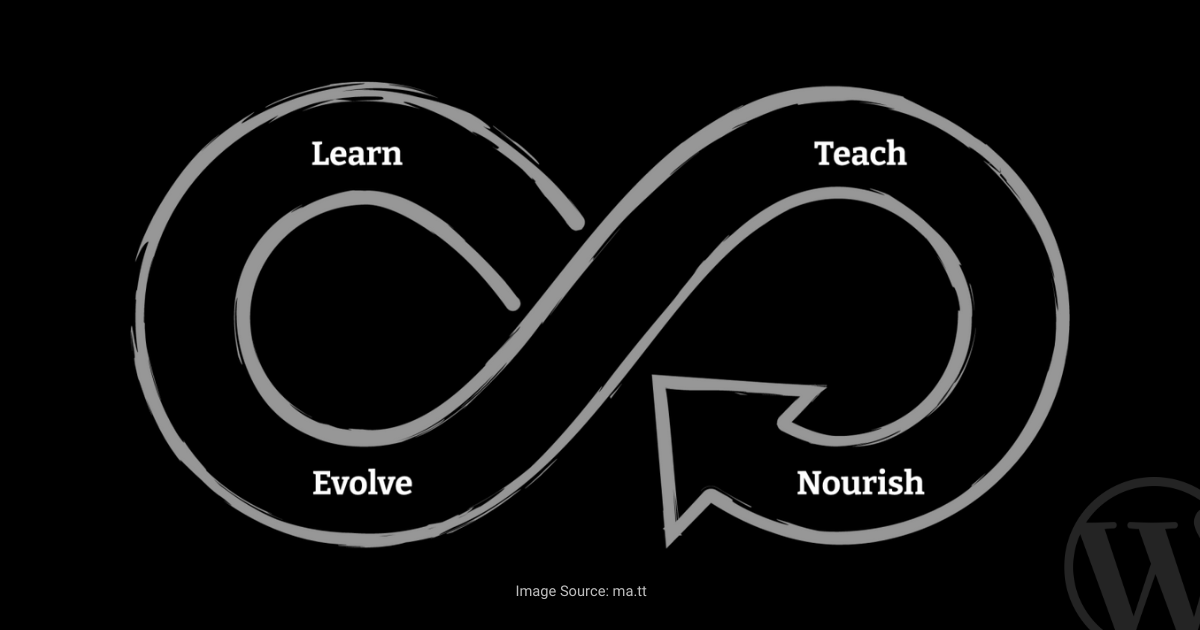Taking a Stand for the WordPress Ecosystem: Why We Must All Give Back
A Wake-Up Call for Contribution in the WordPress Community

Table of Contents
WordCamp US 2024 was undoubtedly the most intense WordCamp in history.
If you caught Matt Mullenweg’s keynote or read his recent posts, you know exactly what I’m talking about.
I was in the room with thousands of other attendees during Matt’s keynote when he called out WP Engine, raising concerns about companies benefiting from the WordPress ecosystem without giving enough back, and the ethics of open-source contribution.
Within a week, things escalated: WP Engine issued a ‘cease and desist’ notice, and in response, Automattic followed suit, banning WP Engine from wp.org.
As someone who has built a multi-million dollar business on WordPress, I’ve been reflecting on this for the past few days: "What should Multidots, as one of the larger enterprise agencies in the space, do?"
While many are choosing sides—either with WP Engine or Automattic—I’m still on the fence about who’s right or wrong in this situation. But I’m optimistic that they’ll work things out sooner or later.
One thing is very clear to me: Matt’s concerns about the lack of contribution and the community’s call for more transparency and tools to measure real contributions are issues worth focusing on. This conflict is also an opportunity for us as a WordPress community to clearly define, measure, and reward contributions from both individuals and companies.
Maybe this is a wake-up call for all of us—especially those making millions from WordPress—about our responsibility to give back.
Matt’s perspective on "Ecosystem Thinking," especially the idea of nourishing 🪴 the ecosystem, is worth serious consideration.
"Nourishing is the trickiest and most important part—it’s like watering the garden. If you’ve completed the first three steps, you’ve found success; now it’s your responsibility to share the fruits of your efforts across the ecosystem so that everyone can thrive together. This is the philosophy behind Five for the Future, and you’re going to see us emphasize it even more moving forward."
- Matt Mullenweg
Click to tweet this quote
After reading this, I'm reflecting: "Is my agency, Multidots, doing enough to support and nourish the WordPress ecosystem?"
Here are some notes on how we’ve contributed over the past 15 years:
- Two full-time developers from our Multicollab team have been contributing to Gutenberg’s phase 3 (collaboration) for the last 4 months, totaling over 500 hours so far.
- In 2022, we held a company-wide Contribution Day, where 90+ team members contributed around 350 hours in one day.
- Since 2021, we’ve been donating $1,000 annually to the WordPress Foundation.
- Over the last 10 years, we’ve contributed a total of approximately 6,600 hours to WordPress.
- We’ve sponsored and led 3 do_action events.
- Our team started WordCamp Ahmedabad and has been actively involved in organizing 4 WordCamp events there.
Looking at these contributions, I ask myself: Are we doing good? Yes. Are we doing enough? Probably not.
So, here’s how we’re stepping up:
- Starting next month, we’re pledging 200+ hours per week to Five for the Future (up from 100 hours).
- We’re increasing our annual donation to the WordPress Foundation from $1,000 to $5,000.
I'm reminding myself and my team to focus on the real issue—contribution—rather than getting caught up in blame or finger-pointing. In this conflict, what truly matters (in my opinion) is that the WordPress ecosystem and the spirit of contribution come out stronger. 💪🏾
